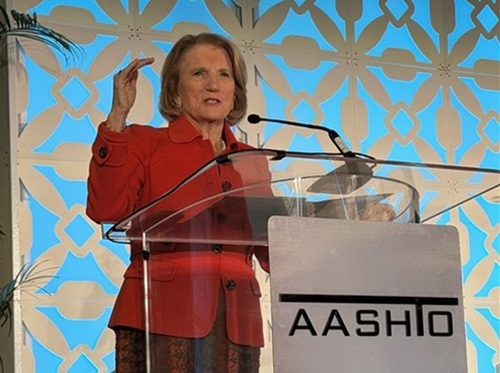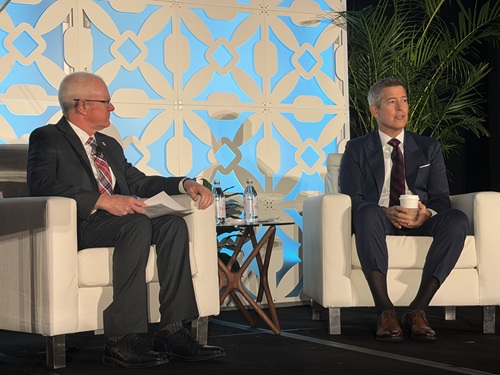Researchers from the Mineta Transportation Institute or MTI recently developed a “survey instrument” that transit operators can use to collect information from passengers about the extent, location, and characteristics of any street harassment they have experienced.
[Above image via by the MTI]
MTI said “street harassment” is a term encompassing verbal, non-verbal, and/or physical incidents. Examples include cat-calling, racist gestures, groping, and spitting, the group said, with victims targeted on a “wide variety” of personal characteristics such as perceived gender, race, disability, or sexual orientation.
MTI’s researchers noted that fear of harassment leads many would-be transit riders to ride only at certain times of day or only when traveling with a companion – or even to stop riding transit altogether.

“Despite wide-spread acknowledgment that transit passenger harassment is a problem, most transit operators don’t know specifically who is targeted, what kinds of behaviors are common, the scale of the problem, or how victims respond,” noted study author Asha Weinstein Agrawal, PhD, in a statement.
Agrawal noted that MTI’s survey provides a “rigorously-vetted research method” that transit operators can use to gather evidence about the extent of passenger harassment. Those survey findings, in turn, should allow transit operators to develop appropriate programs to combat the kinds of harassment happening on their systems, Agrawal noted.
Several state departments of transportation are undertaking their own initiatives to address harassment on the transit networks under their purview.
For example, in October 2022, the Maryland Transit Administration – a division of the Maryland Department of Transportation –initiated a new public service campaign to address sexual harassment on transit systems across the state.
The agency said it began addressing the issue as part of its efforts to follow through on safety and security commitments adopted in its “Rebuilding Better” strategic plan, released in September 2021.
An integral component of the MTA campaign focuses on data collection to better assess the extent to which riders in the Baltimore region are experiencing sexual harassment, as well as to inform future decision making on outreach, campaign messaging, expectations for rider conduct and resource deployment.
Rider outreach tactics include annual rider surveys, management and operator training, outreach events at frequently used transit stops and online reporting tools.
 Top Stories
Top Stories
Congressional Leaders Detail Key Transportation Priorities
February 27, 2026 Top Stories
Top Stories

